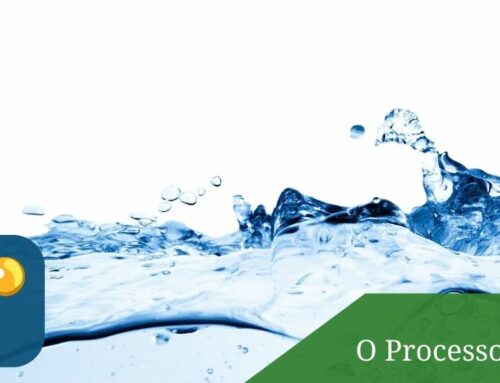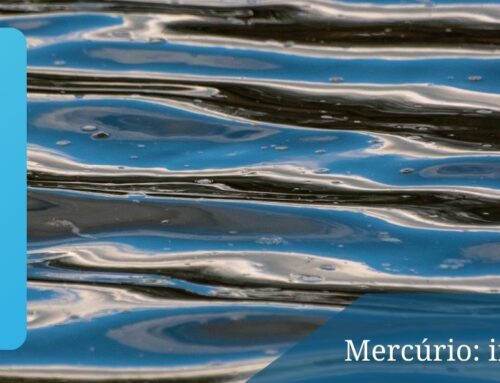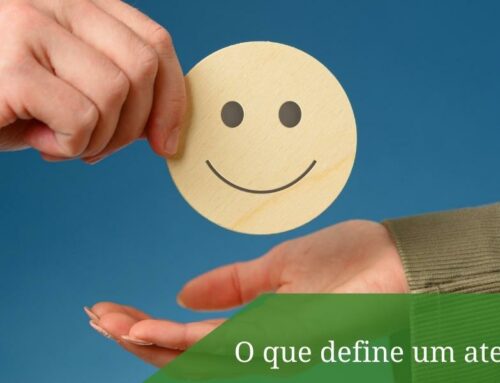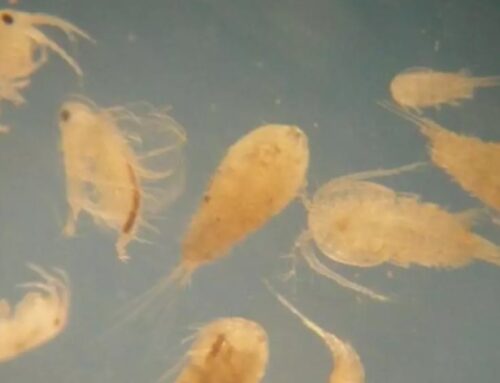What is the national solid waste policy?
The National Policy for Solid Waste (PNRS), was sanctioned 10 years ago, by Federal Law No. 12.305, which established bold targets for the resolution of socio-environmental issues inherent to the management of urban solid waste in the country. Throughout this decade, many of the instruments foreseen in this law have had important advances, while others have not had the same evolution.
The PNRS seeks in its principle to protect and solve some serious problems related to public health and the environment. To this end, it brought elements that aim to encourage the recycling industry, the integrated management of solid residues, and the universalization of public urban cleaning services. After all, with the growth of the population and the consumption of Brazilians, it was necessary to think objectively about elements to put sustainable consumption and circular economy as a priority in our economy.
What to do to comply with the national solid waste policy?
The PNRS determined objectives, guidelines and instruments for the management of solid waste – household, industrial and even hazardous waste – throughout the country and assigned different responsibilities to the various entities in the chain – manufacturers, importers, distributors, traders and final consumers – who should work together to reduce dumps, increase the destination of materials for recycling and always ensure the proper disposal of waste seeking to achieve objectives such as selective collection, reverse logistics, solid waste plans, encouraging the development of cooperatives of collectors, tax incentives for the recycling chain, environmental education, among others.
And what changed with the new federal decree published in January 2022?
The new regulation established the National Program of Reverse Logistics, integrated to the National System of Information on Solid Waste Management and to the National Plan for Solid Waste.
This program will be the instrument of coordination and integration of reverse logistics systems and its objectives are
– Modernize the physical and logistical infrastructure
– Providing gains of scale
– Enable integration between systems
– Reduce landfills in the country
In practice, the Decree did not change the policy significantly, but reinforced that the government will continue to focus on urban policies, mainly on reverse logistics and waste mass recovery. In 2022, new decrees and agreements will still be signed and published.
How can the EP Group help you?!
We at GRUPO EP understand that the implementation of the PNRS is a tremendous challenge, especially for a country of continental proportions and cultures as distinct as Brazil. What we have seen over these ten years is an evolution in the realization of projects and proposals and the need to discuss the environmental agenda more seriously. We have seen initiatives from companies, entities, associations, unions, and public agencies in the search for the implementation of reverse logistics systems, circular economy, and the adoption of sustainable practices. We have seen, of course, the neglect and disinterest on the part of some, but we can conclude that there has been an evolution over the last decade. It was a slow evolution, but it showed important results.
It is necessary that the productive sector continues to be engaged, that the population becomes aware and pressures for the implementation of environmental guidelines, and that the public agencies effectively carry out the implementation of incentive actions. Only with the collaboration of all these actors can we go even further. With this we seek to do our part, all waste generated in all activities and processes of the EP GROUP is destined and disposed of properly, always focusing on the circular economy.
We are also inserted in the residue generating chain of our clients, offering adequate solutions for the proper characterization of the residues in the EP Analitica, providing quality, tranquility, and transparency in the results obtained in our laboratory, so that the decision making as to the destination of their residues is the most correct possible. Regarding the existing landfills, we offer the most varied technologies for the treatment of percolates from the waste deposited there.
RESULTS OBTAINED
Ten Brazilian capitals have already implemented electro-electronic collection points. Between 2019 and 2020, 470 tons of electronics were collected. These are items that are no longer disposed of in the environment, causing soil and water pollution. The Ministry of the Environment’s goal is to reach 5,000 collection points by 2025.
Article created by Mauro Mecca – Environmental Manager (
LinkedIn
)
Group EP – The Environment treated with respect.
Check out other publications at our blog!





